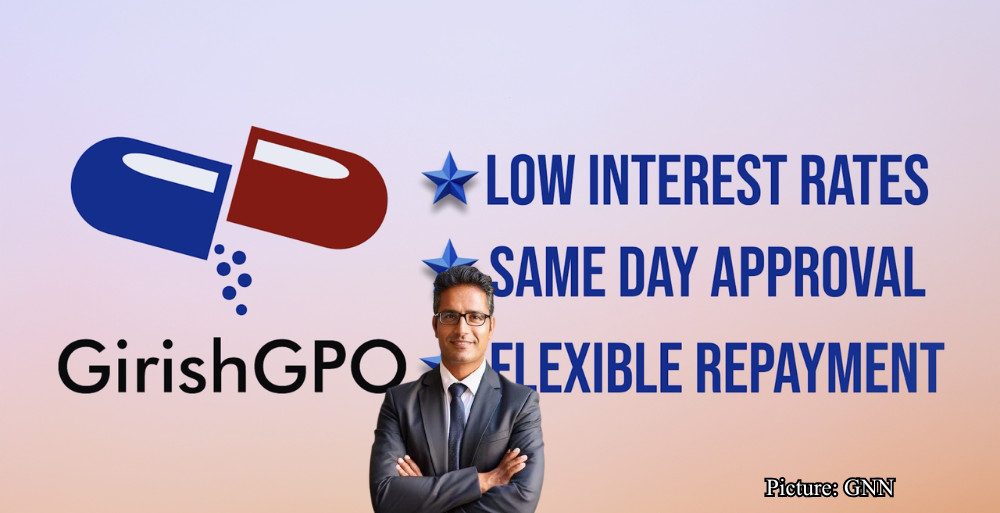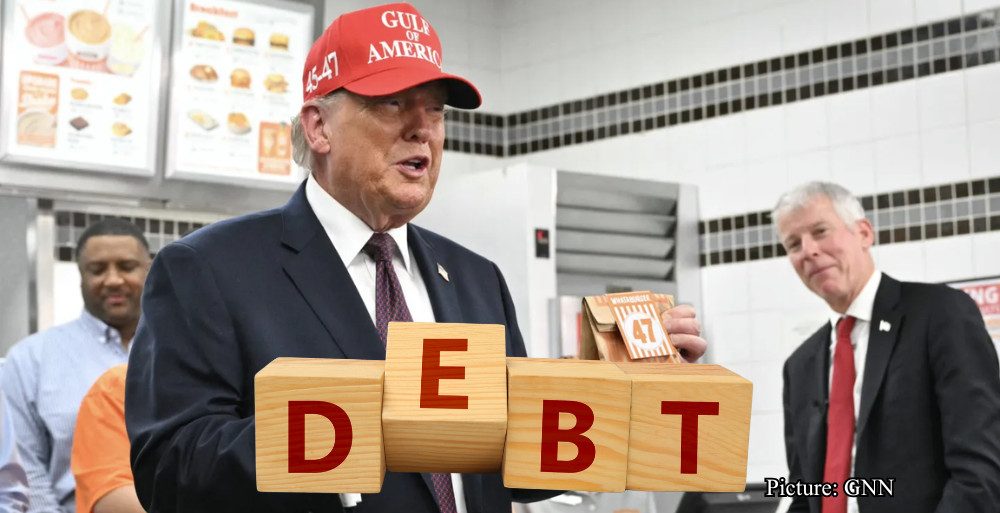As the government shutdown stretches on, Republican lawmakers are increasingly on the defensive over healthcare policy. The spotlight is turning to their handling of Affordable Care Act (ACA) subsidies and Medicaid cuts—moves that critics argue are harming millions of Americans and weakening GOP standing in the debate.
Many observers point out that Republicans’ refusal to reverse or extend the ACA subsidies has placed them in a tough political position. These subsidies are crucial for tens of millions who rely on them to afford insurance. Without them, many face sharp premium spikes or loss of coverage. At the same time, proposed Medicaid cuts and restrictions have raised fears about access to essential health services for vulnerable populations.
Democrats, seizing the moment, are casting the shutdown as a struggle over preserving healthcare for working families. They argue the GOP is prioritizing fiscal austerity over people’s well-being. Public sentiment appears to echo that message, with polling indicating growing opposition to measures that would further burden ordinary Americans.
Republican defenders counter that the shutdown is necessary to impose fiscal discipline, rein in government spending, and push back on what they see as expansive federal health programs. Still, with growing public outcry and real impacts already felt across the country, many in the party are scrambling to manage the narrative and mitigate political damage.
The standoff underscores not just a policy battle but a political test: can Republican leadership sustain a shutdown that pits healthcare access against budget restraint without eroding voter support?















